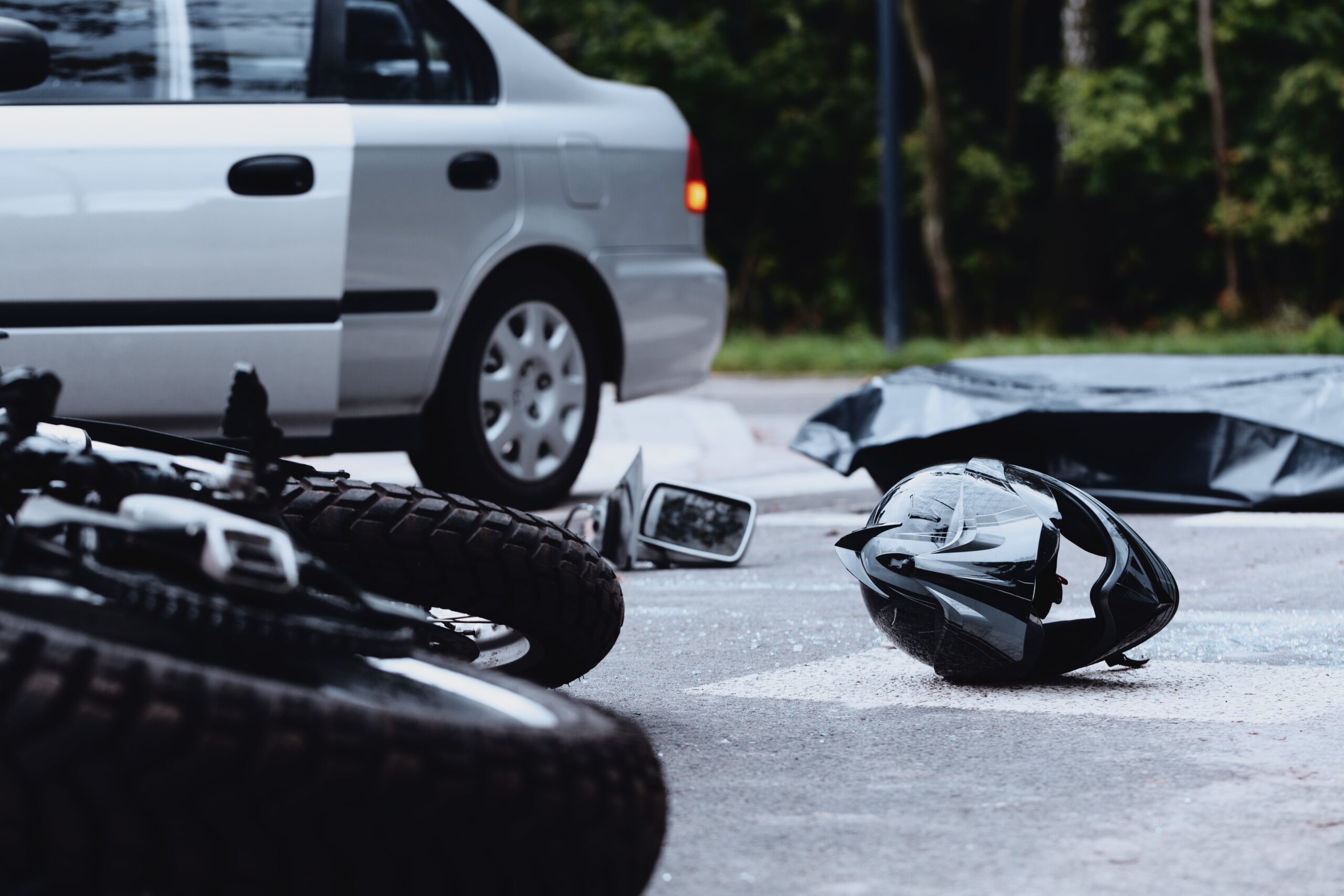Motorcycle riding is an exhilarating experience that offers freedom and adventure on the open road. However, it comes with inherent risks, and even the most experienced riders can find themselves involved in accidents. Knowing what to do in the aftermath of a motorcycle accident is crucial for your safety, well-being, and legal protection. Here are five essential steps to take after the crash:
1. Seek Immediate Medical Attention:
Your health should always be the top priority after a motorcycle accident. Even if you feel relatively fine or believe your injuries are minor, it’s essential to seek immediate medical attention. Adrenaline can mask the severity of injuries, and what seems minor at first may turn out to be more serious.
Remember, delaying medical treatment can worsen injuries and complicate your recovery. Don’t hesitate to call 911 or go to the nearest hospital, even if you feel you can walk away from the accident.
2. Document the Scene:
Gathering evidence at the accident scene is essential for insurance claims and potential legal actions. If you are physically able to do so, follow these steps:
- Take Photographs: Use your smartphone or a camera to document the accident scene, the positions of vehicles, damage to vehicles, road conditions, and any visible injuries. These photos can provide valuable visual evidence.
- Collect Witness Information: Speak with witnesses who may have seen the accident. Collect their names, contact information, and a brief statement about what they observed. Witness testimonies can be crucial in determining fault and liability.
- Exchange Information: Exchange contact and insurance information with the other parties involved in the accident. Be sure to obtain their names, addresses, phone numbers, driver’s license numbers, and insurance policy details.
- Note the Police Report: If law enforcement responds to the accident scene, cooperate fully and provide your account of the incident. Request a copy of the police report for your records.
3. Notify Law Enforcement:
In many jurisdictions, it’s mandatory to report a motor vehicle accident to the police. Even if it’s not required, it’s generally a good practice to do so. Contact the local police department or emergency services (dial 911) to report the accident and request assistance.
A police report is an objective account of the accident and can be vital when dealing with insurance companies or pursuing legal action. It typically includes details about the accident, the parties involved, witness statements, and any citations issued to the parties involved.
4. Contact Your Insurance Company:
It’s essential to notify your insurance company about the accident as soon as possible. Be truthful and provide them with all the information they need to process your claim effectively. This includes details about the accident, the other parties involved, and any injuries you sustained.
Keep a record of all communication with your insurance company, including the names of representatives, claim numbers, and contact information. Be prepared to provide photos, the police report, and other documentation to support your claim.
It’s important to note that insurance companies often have deadlines for reporting accidents and filing claims, so it’s crucial to act promptly.
5. Consult with an Attorney:
If you’ve suffered significant injuries or believe the accident was caused by another party’s negligence, it’s wise to consult with a motorcycle accident lawyer who specializes in motorcycle accidents. An experienced attorney can provide valuable guidance and legal representation, helping you protect your rights and interests.
Here’s how an attorney can assist you:
- Evaluate your case and help determine liability.
- Communicate with insurance companies on your behalf.
- Gather evidence, including medical records, accident reports, and witness statements.
- Negotiate a fair settlement with the at-fault party’s insurance company.
- If necessary, pursue a personal injury lawsuit to seek compensation for medical bills, lost wages, pain and suffering, and other damages.
Consulting with an attorney early in the process can help you make informed decisions and ensure that you receive the compensation you deserve.
Thank you to our friends at The Andres Lopez Law Firm for their insight into motorcycle accident cases.

